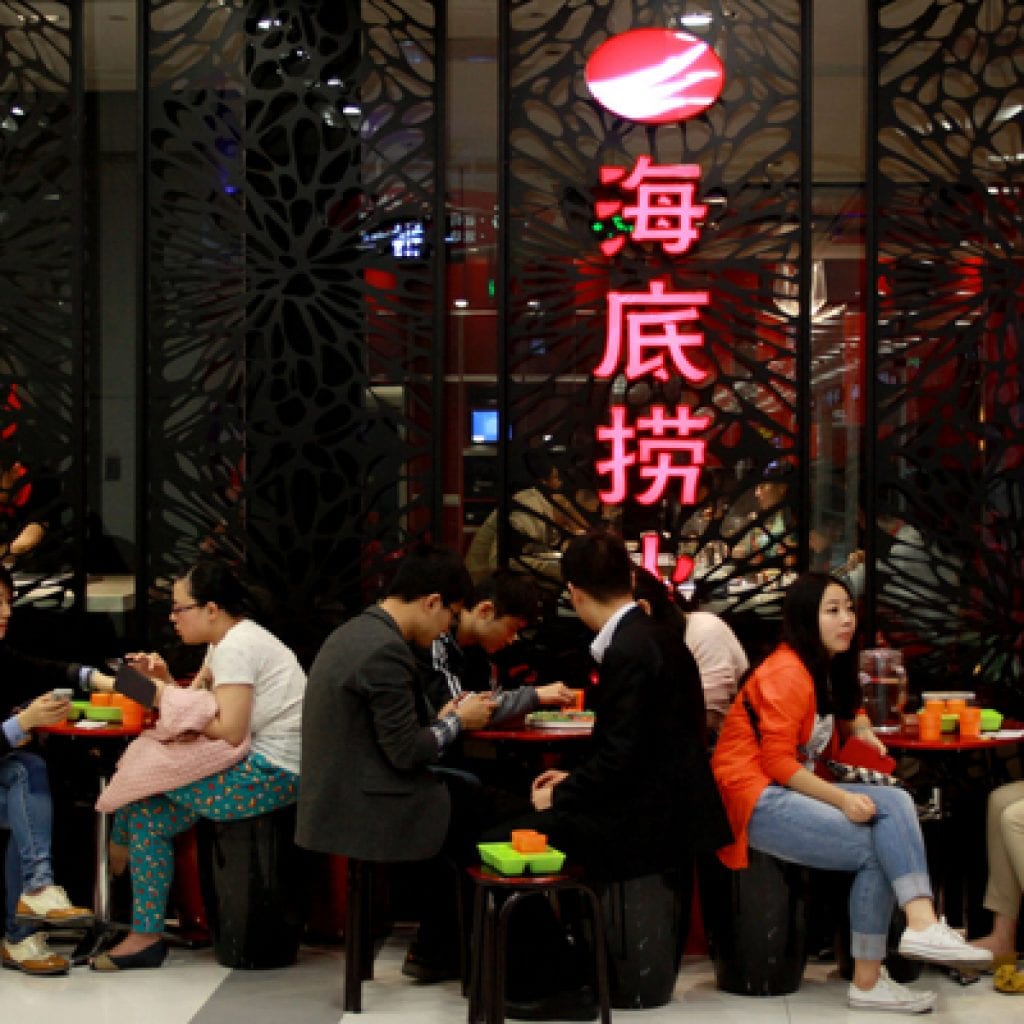
China’s mass affluent population (individuals with RMB 650,000 to 6 million investment assets) makes up only around 2.5 percent of the country’s population, yet their personal consumption is expected to experience double digit growth to account for more than 75 percent of China’s total consumption by 2020, according to a report released by Oliver Wyman, a global consulting firm.
The report, titled ‘Chasing the Chinese Dream’, reveals that China’s mass affluent population is expected to more than double from 15 million in 2015 to 33 million in 2020, rapidly accumulating wealth with investable assets projected to increase from RMB 21 trillion in 2015 to RMB 45 trillion in 2020.
“The new mass affluent class, who are younger, more tech-savvy and free-spending, now allocate more money to investments and consumption than savings,” said Bernhard Kotanko, Oliver Wyman partner and co-author of the report. “Having suffered greatly from stock market volatility in recent years, investors are now looking to diversify risks and rebalance portfolios.”
As financial needs evolve, half of respondents have already increased allocation of income towards financial products and/or Chinese stocks, the top two categories, followed by top-up insurance plans. Chinese equities and bank wealth management products are still the most common assets held by the mass affluent class, yet they are open to experimenting with financial innovations and have taken part in new fintech vehicles such as online money market funds and peer-to-peer products.
On the consumption front, 60 percent of surveyed respondents have increased spending on entertainment (sports, cinema, etc.) and domestic vacations, on par with food and personal items. Furthermore, 30 percent of additional income is allocated to entertainment and holidays, exceeding the incremental spending on personal and household goods.
“Our research suggests around two-thirds of incremental income will be funneled into consumption. However, Chinese consumers aren’t just buying more. They are now seeking meaningful experiences to elevate lifestyles, spending more on experiences that result in higher levels of self-fulfillment,” said Jacques Penhirin, Oliver Wyman partner and co-author of the report.
The research shows that this new consumer class is forging new patterns of saving, investing and consuming, to support a more sophisticated and urbanized way of life.
The paper also reveals that, even as Chinese consumers reach for meaningful lifestyles and experiences, the underlying foundation of economic and social security is shaky. Discontent over cost of living is widespread and profound. Quality providers of wealth management and basic welfare are still largely lagging – a paradox where they pursue higher values beyond material goods, but still grapple with basic needs.
| Aspirations | Dilemmas | |
| Savings | It’s not just about savings
>> Savings is falling and more money is being allocated to investments and consumption
|
Rising incomes but perceived wealth is not necessarily increasing
>> Insecurities about the future means savings are still a safe haven and unlikely to fall to western levels |
| Investments | Investor appetites are diversifying
>> Investors are more rational and demand more balanced, diversified asset allocation |
Desire to broaden investing but mistrusting of professional money management
>> Without professional wealth management, wealth is mostly illiquid and consumption power is in deadlock |
| Consumption | Rise of the experiential consumer
>> Consumers are seeking meaningful experiences to elevate lifestyles |
Striving to ‘live well’ but still uneasy about basic welfare, with healthcare the top concern
>> There is growing demand for upgraded options in social goods to improve well-being |
“While increasing their spending on affluent lifestyles, Chinese consumers demand better welfare benefits and set money aside for future healthcare treatment and education,” said Jacques Penhirin.
The skepticism towards local healthcare quality is fueling a rising medical tourism market, which is growing at a faster rate than the tourism industry. More affluent Chinese look overseas for wellness services, medical care and treatment for critical illnesses. The top five destinations, in order, are Japan, Korea, United States, Taiwan and Germany.
The perception that Chinese consumers will indiscriminately buy more goods is a myth. As they search for ‘experience goods’ to elevate lifestyles, they are at the same time seeking upgraded options to social goods to improve well-being.

